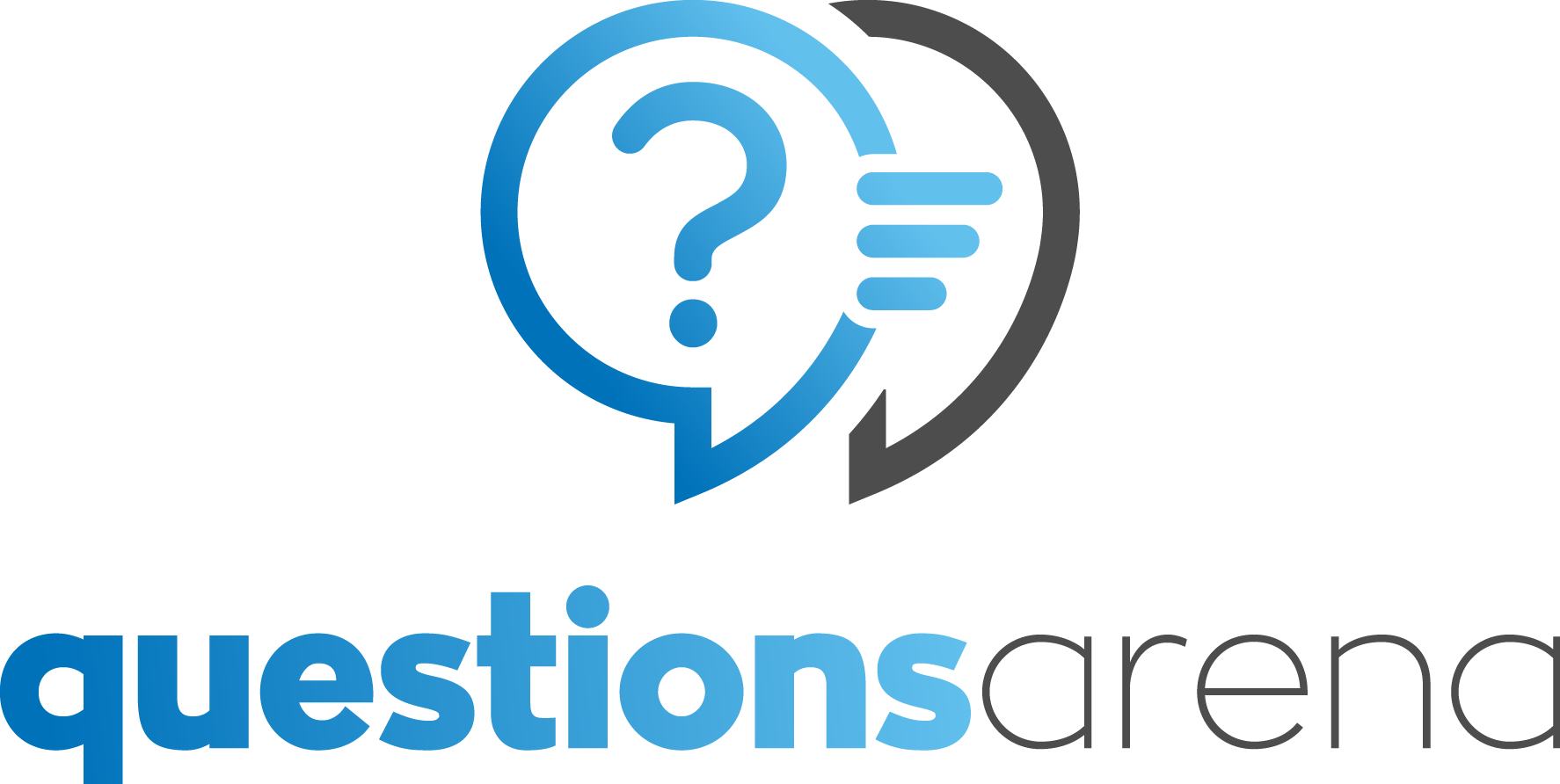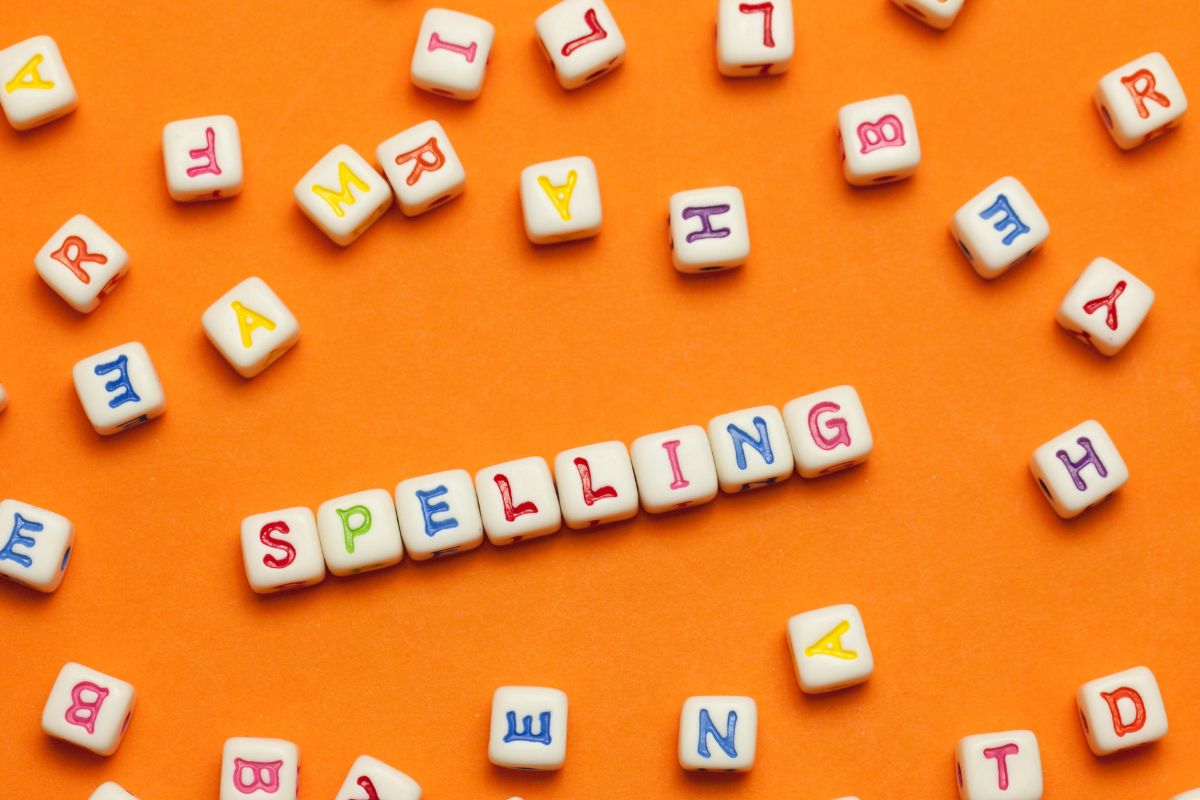In this fast-paced digital age, correct spelling is becoming increasingly important. From sending professional emails to writing job applications, precision in language is vital in leaving a positive impression.
So, when it comes to the word “tomorrow,” how do you spell it correctly? It’s a question that has popped up in the minds of many English speakers. In this article, we will explore the correct spelling of “tomorrow” and shed light on some common misspellings that often trip people up.
The correct spelling of “tomorrow”
Let’s get to the correct spelling of “tomorrow.” The correct spelling is, in fact, “tomorrow” – spelled with two “m’s” and two “r’s.” This may come as a surprise to some, as the word can be deceptively simple. However, by remembering the correct spelling and practicing it consistently, you can avoid any doubt or uncertainty when using this word in your writing.
To reinforce the correct spelling in your mind, it can be helpful to break down the word into syllables: “to-mor-row.” This can help you visualize the correct sequence of letters and prevent any confusion. Additionally, practicing writing the word correctly and using it in sentences can further solidify your understanding and mastery of its spelling.
Tips for remembering the correct spelling
Remembering the correct spelling of “tomorrow” may seem challenging at first, but with a few helpful tips, you can make it a breeze. One effective technique is to create mnemonic devices or memory aids. For example, you could use the phrase “to more rows” to help you remember the correct spelling. By associating the phrase with the word “tomorrow,” you can create a mental link that will make the spelling more memorable.
Another helpful tip is to practice spelling the word aloud. By pronouncing each letter and syllable, you engage multiple senses, making it easier to remember the correct spelling. Additionally, visualizing the word in your mind’s eye while spelling it aloud can further enhance your memory of its correct spelling.
Common misspellings of “tomorrow”
When it comes to spelling “tomorrow,” there are several common mistakes that people often make. One of the most common misspellings is “tomarrow.” It’s easy to see why this mistake occurs, as the second “r” can be easily overlooked or mistakenly replaced with an “a.” Another common misspelling is “tommorrow,” where the double “m” is often mistaken for a single “m.” These misspellings can make your writing appear unprofessional and may even lead to misunderstandings.
Another common mistake is adding an additional “o” to the word, resulting in “tomoorow.” This error can be attributed to a typographical error or a simple slip of the finger while typing. However, it’s important to pay attention to such errors, as they can undermine the credibility of your writing. By being aware of these common misspellings, you can avoid making these mistakes and ensure that your writing is polished and error-free.
Homonyms and similar words
In the English language, homonyms and words that sound similar can often lead to spelling confusion. When it comes to “tomorrow,” there are a few words that may be mistakenly interchanged due to their similar pronunciation. One such word is “morning.” While the two words may sound similar, they have distinct meanings and spellings. It’s important to differentiate between these words to avoid any confusion or miscommunication in your writing.
Another word that may be confused with “tomorrow” is “tommorow.” This misspelling, as discussed earlier, is incorrect and can lead to misunderstandings. By being aware of these similar words and their correct spellings, you can ensure that your writing is accurate and conveys your intended meaning.
Strategies for improving spelling skills
If you find yourself frequently making spelling mistakes, there are several strategies you can employ to improve your spelling skills. One effective method is to read widely and regularly. By exposing yourself to a variety of written materials, you become familiar with different words and their correct spellings. Reading can also help you internalize the correct spelling of words through repeated exposure.
Another strategy is to practice writing regularly. By engaging in writing exercises or journaling, you give yourself the opportunity to practice spelling words correctly and reinforce your understanding. Additionally, using spelling and grammar checkers can be helpful tools in identifying and correcting spelling mistakes. However, it’s important to use these tools as aids and not rely solely on them, as they may not catch all errors.
Common spelling mistakes and how to avoid them
Spelling mistakes are common, even for experienced writers. However, by being aware of common pitfalls, you can avoid making these errors. Some common spelling mistakes, apart from the ones discussed earlier, include mixing up “their,” “there,” and “they’re,” as well as “your” and “you’re.” These mistakes can easily be avoided by understanding the differences in meaning and usage of these words.
Another common mistake is confusing “affect” and “effect.” While these two words may sound similar, they have distinct meanings and usage. “Affect” is typically used as a verb, while “effect” is commonly used as a noun. By familiarizing yourself with these distinctions and practicing their correct usage, you can avoid these common spelling mistakes.
Online resources for improving spelling
The internet offers a wealth of resources to help improve your spelling skills. Online dictionaries and thesauruses are invaluable tools in checking the correct spelling of words and finding synonyms or antonyms. Websites and apps that offer spelling quizzes or interactive spelling games can also be effective in making the learning process engaging and enjoyable.
Additionally, there are various online forums and communities where you can seek advice and clarification on specific spelling queries. These platforms provide opportunities for learning from others and expanding your knowledge of the English language.
Spelling games and activities for practice
Practicing spelling doesn’t have to be dull or monotonous. There are numerous spelling games and activities that can make the learning process enjoyable. Crossword puzzles, word searches, and word jumbles are just a few examples of interactive games that can help improve your spelling skills. These games challenge your ability to recognize and correctly spell words, making the learning experience more engaging.
Another fun activity is creating your own spelling bee. Choose a selection of words with varying difficulty levels and challenge yourself or others to spell them correctly. This activity not only tests your spelling skills but also provides an opportunity to learn new words and expand your vocabulary.
Spelling rules for other commonly misspelled words
While we have focused on the correct spelling of “tomorrow” in this article, there are several other commonly misspelled words that can benefit from a closer look. Words such as “definitely,” “accommodate,” and “separate” are frequently misspelled due to their tricky spellings. By familiarizing yourself with the spelling rules and patterns for these words, you can avoid making these common mistakes.
For example, “definitely” is often misspelled as “definately” or “defiantly.” The correct spelling is “definitely,” with an “i” after the “e.” Similarly, “accommodate” is often misspelled as “accomodate.” The correct spelling requires two “m’s” and two “c’s.” By understanding and internalizing these spelling rules, you can confidently spell these commonly misspelled words.
Conclusion and final thoughts
Spelling may seem like a small detail, but it plays a significant role in effective communication. The correct spelling of words, such as “tomorrow,” ensures that your writing is professional, polished, and easy to understand. By familiarizing yourself with common misspellings, practicing the correct spelling, and utilizing resources and strategies, you can improve your spelling skills and avoid making common mistakes.
Remember, spelling is a skill that can be developed and refined with practice. Embrace the challenge of mastering the correct spelling of words, and you’ll find that your writing becomes more powerful and impactful. So, the next time you find yourself questioning how to spell “tomorrow,” you can confidently say that you know the answer.

